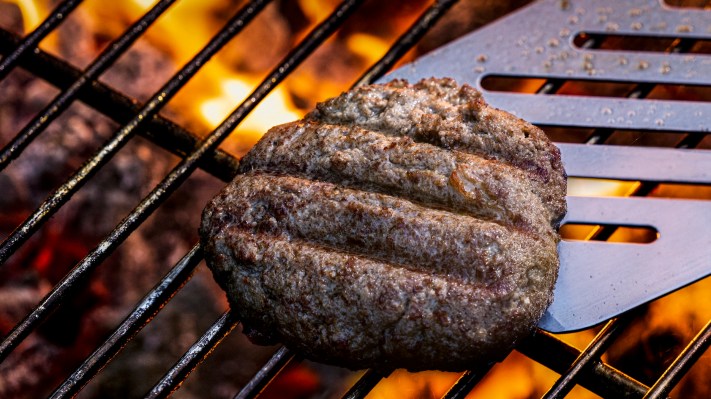If you’ve been paying attention to the food tech industry lately, you saw a lot of movement in the past week around both Good Meat and Upside Foods receiving U.S. Department of Agriculture approval to commercially sell their respective cultivated chicken products in the U.S.
Omeat, a cultivated meat startup out of Los Angeles, not only wants to be the next one to achieve similar regulatory approval, it believes it has cracked the code on how to reduce the traditionally high costs to scale production of cultivated meat that can run thousands of dollars per liter.
The company, founded by Ali Khademhosseini four years ago, was developed at the Terasaki Institute for Biomedical Innovation. Prior to starting Omeat, Khademhosseini was growing human tissues for medical applications after studying at MIT. As he learned more about animal agricultural practices, he shifted his focus to developing a scalable method for growing cultivated meat.
Omeat has a patent-pending technological approach that “enables the cultivation of any meat in a way that is orders-of-magnitude more sustainable and humane than the conventional approach,” CEO Khademhosseini told TechCrunch.
He explained that the process uses regenerative factors extracted humanely from cow plasma to make growth media, which is a big driver of the high cost of cultivated meat, and why some companies choose to make their own.
Plasma collection from the cows happens weekly and is similar to how humans donate plasma, Khademhosseini said. And not just from any cow, but Omeat specifically sources growth media from free-roaming herd cows that graze on its regenerative farm in California designed in collaboration with Kristina Horback at UC Davis.
It is then developed into the growth media, and that one type of media can then be used to grow any kind of meat, including beef, pork, chicken or fish. Omeat is starting with beef.
The company is currently building a pilot plant and expanding its team toward commercial readiness after raising $40 million of Series A capital in 2022 from investors, including S2G Ventures, Google Ventures, Bold Capital Partners, Tyson Ventures, Rethink Food, Trailhead Capital and Cavallo Ventures.
Omeat scaled its current plant capacity to 200-liter bioreactors, and the pilot plant will have the ability to scale bioreactors to 2,000 liters and 10,000 liters, which Khademhosseini said are the sizes needed, based on global demand, to generate meat at cost parity with traditional beef.
“One cow providing plasma weekly can create many cows’ worth of meat annually,” Khademhosseini said. “Our vision is to make this so economically viable that we will have lots of people from the existing food supply world actually encouraged to partner with us in order to raise profits and address the razor-thin margins that exist right now.”
